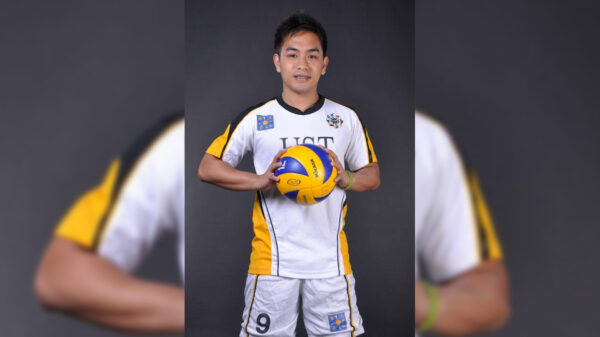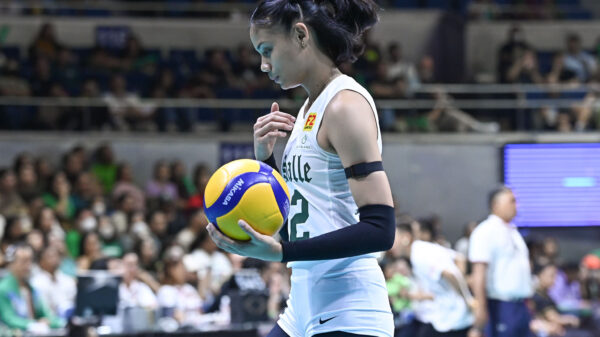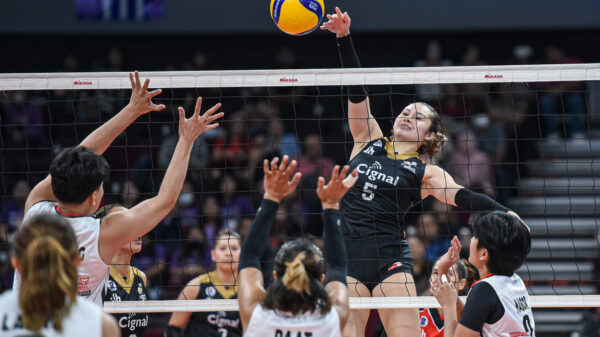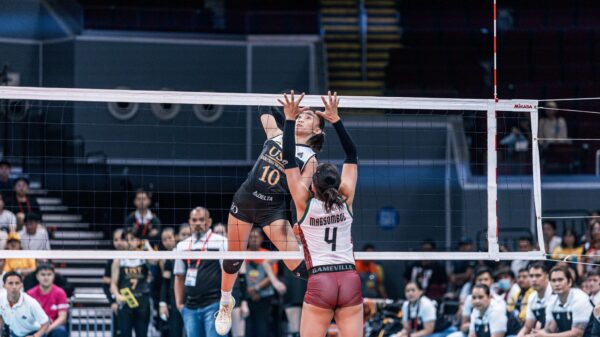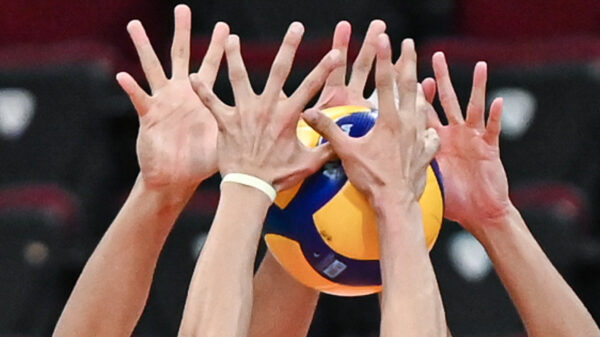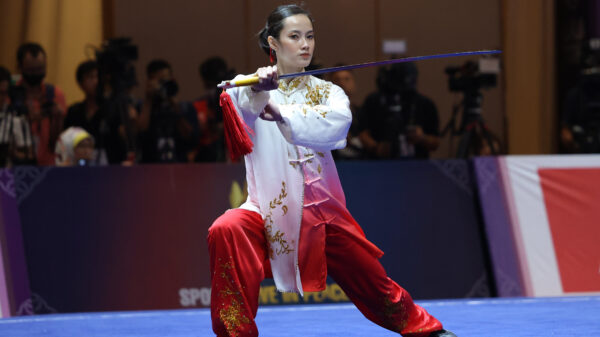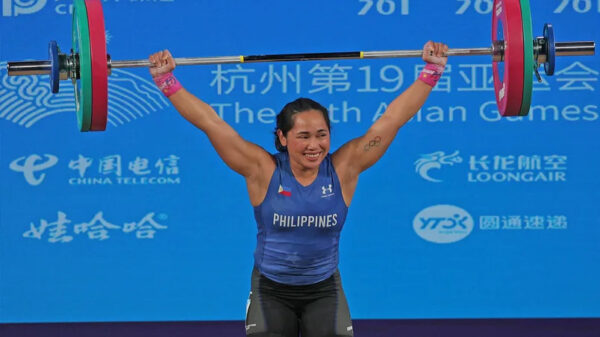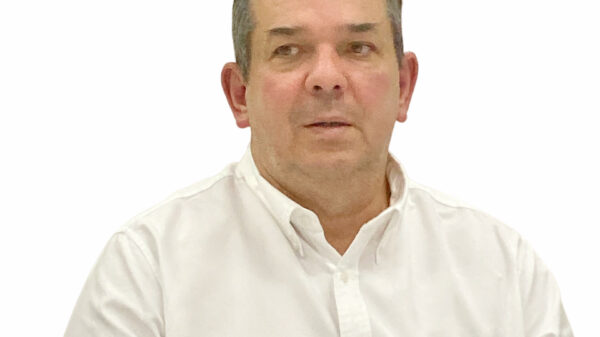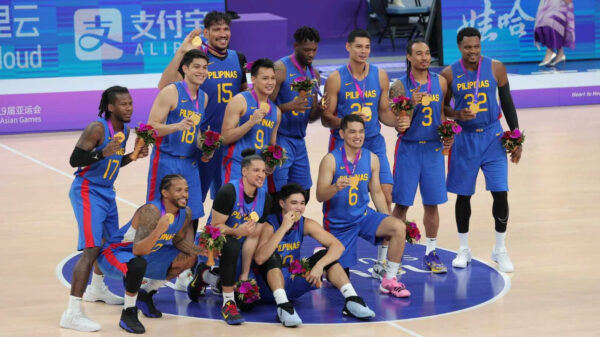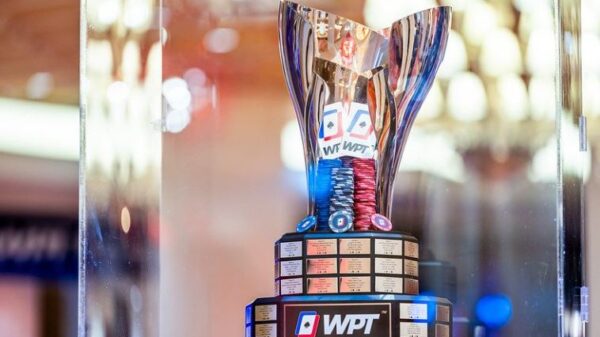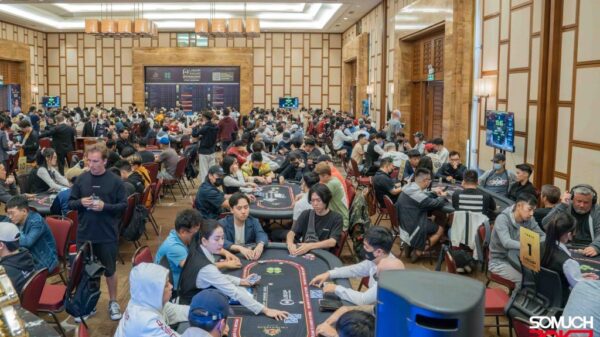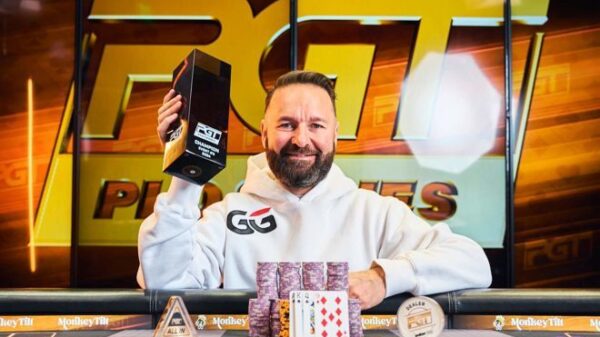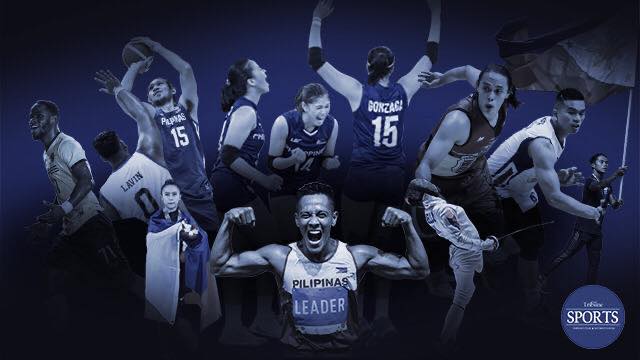Wael Arakji may be the biggest thorn for Gilas Pilipinas, but he is so much more than that.
Instead, he is seen as a source of hope and inspiration as the Lebanese face a heavy financial crisis.
The 27-year-old Cedars skipper said they cannot let their people down and coming up with a glorious run in the international arena will mean so much to them.
Their surprising silver medal finish in the FIBA Asia Cup made them the toast of Asian basketball, and Arakji knows that sky is the limit.
“We set the bar high, so we need to meet the expectation and keep getting better on a daily basis. I believe the sky’s the limit,” Arakji, who has drawn comparison with Argentinian legend Manu Ginobili for his gutsy plays and leadership, told CNN in a report.
Arakji and the Lebanese are scheduled to face Gilas Pilipinas in the fourth window of the FIBA World Cup Asian Qualifiers on Friday morning (Manila time).
Arakji seems destined to provide a glimmer of hope for these Lebanese.
After spending his early professional career with Al Riyadi Beirut in the Lebanese Basketball League, the 6-foot-4 guard received an invitation to play for the Dallas Mavericks in the National Basketball Association Summer League in 2019.
He averaged a forgettable 4.3 points and three assists in three games but he bounced back when he steered US Monastir to a championship in the Championnat National A in Tunisia.
Arakji translated that momentum in the international level as he led his country to its best-ever finish in the FIBA Asia Cup history since 2007.
In that tourney, the fired-up Cedars registered five straight wins to reach the finals, but eventually bowed to powerhouse Australia, 73-75.
He, however, still emerged as the tournament’s top scorer, averaging 26 points, four assists and 3.2 rebounds to edge former NBA cagers Zhou Qi of China, Hammed Haddadi of Iraq and Thon Maker of Australia for the Most Valuable Player plum.
With the growing expectations on the Cedars, Arakji vows to keep better.
“We showed the world that a small team from a small country from a very ordinary league can fight and can dominate big teams at some point,” Arakji said.
“So, we wanted to be the hope for these people, to tell these people that they shouldn’t give up.”
Ian Suyu

